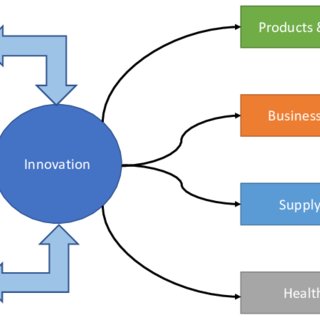In today’s fast-paced business environment, data analytics has emerged as a pivotal tool for gaining a competitive edge. Companies that effectively harness data can make informed decisions, predict market trends, and enhance operational efficiency. Here’s a guide on how to leverage data analytics to outpace competitors and drive success.
1. Understand Your Data
The foundation of leveraging data analytics is having a clear understanding of the data you possess. Begin by identifying key data sources, including customer interactions, sales records, market trends, and operational metrics. Ensure your data is accurate, clean, and relevant. Implementing robust data management practices will prevent errors and inconsistencies that can skew insights.
2. Define Clear Objectives
Before diving into analytics, establish clear objectives for what you aim to achieve. Whether it’s increasing customer retention, optimizing supply chains, or improving marketing strategies, having specific goals will guide your data analysis efforts. Define Key Performance Indicators (KPIs) that align with these objectives to measure progress and success.
3. Choose the Right Tools and Technologies
Invest in data analytics tools and technologies that suit your business needs. Options range from basic Excel spreadsheets to advanced platforms like Tableau, Power BI, or custom-built solutions. Consider tools that offer real-time data processing, visualization capabilities, and integration with other systems. Evaluate the cost, scalability, and ease of use to ensure they align with your goals.
4. Implement Predictive Analytics
Predictive analytics uses historical data to forecast future outcomes. By applying statistical models and machine learning algorithms, businesses can predict trends, customer behavior, and market shifts. For instance, retailers can anticipate inventory needs, while financial institutions can identify potential risks. Incorporating predictive analytics helps in making proactive decisions rather than reactive ones.
5. Personalize Customer Experiences
Data analytics enables businesses to tailor their offerings to individual customer preferences. By analyzing customer behavior, purchase history, and engagement patterns, companies can deliver personalized marketing campaigns, product recommendations, and customer service. Personalization enhances customer satisfaction and loyalty, giving you a competitive edge in a crowded market.
6. Optimize Operational Efficiency
Data analytics can streamline operations by identifying inefficiencies and areas for improvement. Analyze processes, supply chains, and employee performance to uncover bottlenecks and optimize workflows. By implementing data-driven strategies, you can reduce costs, enhance productivity, and improve overall operational efficiency.
7. Monitor Competitor Performance
Keep an eye on your competitors through competitive analysis. Data analytics tools can help track their market performance, pricing strategies, and customer feedback. Understanding competitors’ strengths and weaknesses allows you to adjust your strategies accordingly, ensuring you stay ahead in the competitive landscape.
8. Foster a Data-Driven Culture
Encourage a culture where data-driven decision-making is integral to your business operations. Provide training and resources to employees to enhance their analytical skills and understanding of data. Promote collaboration between departments to ensure that insights are shared and utilized effectively across the organization.
9. Continuously Evaluate and Adapt
Data analytics is not a one-time effort but an ongoing process. Regularly evaluate the effectiveness of your analytics strategies and adapt them as needed. Stay abreast of new technologies and methodologies in data analytics to ensure you’re leveraging the latest tools for competitive advantage.
Conclusion
Leveraging data analytics effectively can transform how your business operates, enhances decision-making, and positions you ahead of competitors. By understanding your data, setting clear objectives, utilizing the right tools, and fostering a data-driven culture, you can harness the power of analytics to drive growth and maintain a competitive edge in the ever-evolving marketplace.










